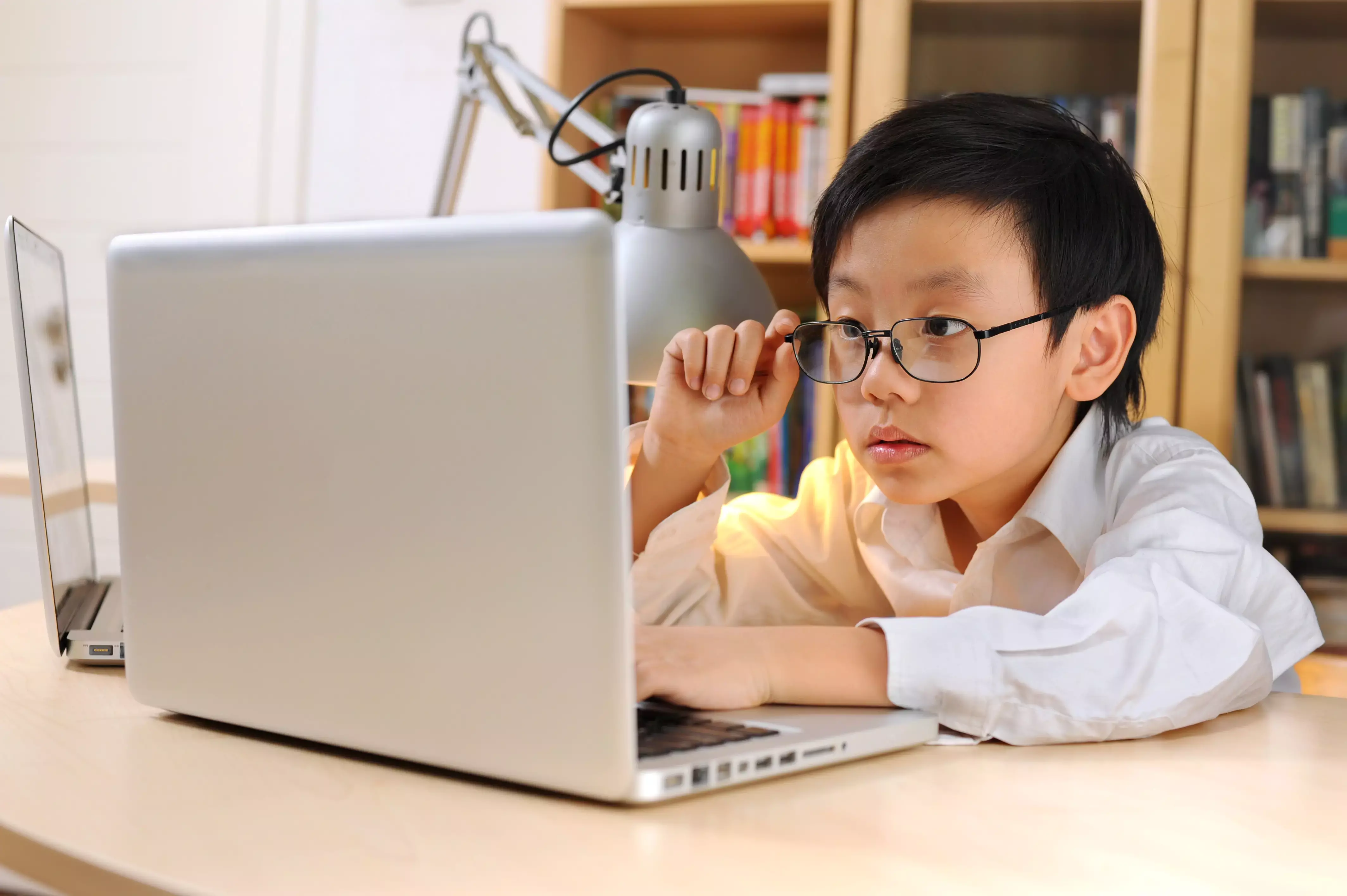- Home
- Medical news & Guidelines
- Anesthesiology
- Cardiology and CTVS
- Critical Care
- Dentistry
- Dermatology
- Diabetes and Endocrinology
- ENT
- Gastroenterology
- Medicine
- Nephrology
- Neurology
- Obstretics-Gynaecology
- Oncology
- Ophthalmology
- Orthopaedics
- Pediatrics-Neonatology
- Psychiatry
- Pulmonology
- Radiology
- Surgery
- Urology
- Laboratory Medicine
- Diet
- Nursing
- Paramedical
- Physiotherapy
- Health news
- Fact Check
- Bone Health Fact Check
- Brain Health Fact Check
- Cancer Related Fact Check
- Child Care Fact Check
- Dental and oral health fact check
- Diabetes and metabolic health fact check
- Diet and Nutrition Fact Check
- Eye and ENT Care Fact Check
- Fitness fact check
- Gut health fact check
- Heart health fact check
- Kidney health fact check
- Medical education fact check
- Men's health fact check
- Respiratory fact check
- Skin and hair care fact check
- Vaccine and Immunization fact check
- Women's health fact check
- AYUSH
- State News
- Andaman and Nicobar Islands
- Andhra Pradesh
- Arunachal Pradesh
- Assam
- Bihar
- Chandigarh
- Chattisgarh
- Dadra and Nagar Haveli
- Daman and Diu
- Delhi
- Goa
- Gujarat
- Haryana
- Himachal Pradesh
- Jammu & Kashmir
- Jharkhand
- Karnataka
- Kerala
- Ladakh
- Lakshadweep
- Madhya Pradesh
- Maharashtra
- Manipur
- Meghalaya
- Mizoram
- Nagaland
- Odisha
- Puducherry
- Punjab
- Rajasthan
- Sikkim
- Tamil Nadu
- Telangana
- Tripura
- Uttar Pradesh
- Uttrakhand
- West Bengal
- Medical Education
- Industry
Myopia prevalence rises among home schooling children during COVID-19 pandemic: BMJ

The WHO projects that myopia will affect 52% of the world's population by 2050,an almost fivefold increase compared with present levels. The COVID-19 pandemic had a significant impact on childhood mental health and school closures leading to increased prevalence of myopia.
Jawaid et al conducted a research to assess the refractive error of school age children following home confinement owing to the COVID-19 pandemic and to compare findings with preceding years. The findings were published in BMJ pediatrics.
In this interventional study, during 4 months of home isolation preceding the 2020 assessment, children in grades 1 and 2 (age 6–8 years) were taught online for 1 hour/day, whereas those in grades 3–6 (age 8–13 years) were taught for 2.5 hours/day. Outdoor activity was severely restricted, often to none. The assessment of refractive error in May 2020 was compared with data from September in each of the years 2015–2019, inclusive.
From the analysis researchers found that the mean spherical equivalent refraction (SER) was largely stable between 2015 and 2019 across all age groups. However, in 2020, there was a clinically and statistically significant shift towards myopia for the ages 6(−0.32 D), 7 (−0.28 D) and 8 (−0.29 D) years when compared with the previous 5 years. There was an increased prevalence of myopia(defined as SER≤0.5 D) in the year 2020 as compared to previous years and this change was remarkable among 6-8 years children(from 5.7% to 21.5%).
Myopia may increase the risk of glaucoma, cataract surgery, retinal detachment and choroidal neovascularisation. School closures leading to increasing myopia prevalence may prove to be an additional burden on children living through this pandemic. This study adds to the growing literature of negative impacts on children.
Authors conclude-"Following lockdown and home-schooling, children showed both greater amounts of myopia and a higher prevalence of myopia than in the receding 5 years."
Source: Jawaid I, Wacogne ID, Abbott J. Increased short-sightedness in younger children associated with home schooling and confinement. Arch Dis Child Educ Pract Ed. 2021 Sep 7:edpract-2021-322574. doi: 10.1136/archdischild-2021-322574.
Dr Kamal Kant Kohli-MBBS, DTCD- a chest specialist with more than 30 years of practice and a flair for writing clinical articles, Dr Kamal Kant Kohli joined Medical Dialogues as a Chief Editor of Medical News. Besides writing articles, as an editor, he proofreads and verifies all the medical content published on Medical Dialogues including those coming from journals, studies,medical conferences,guidelines etc. Email: drkohli@medicaldialogues.in. Contact no. 011-43720751


